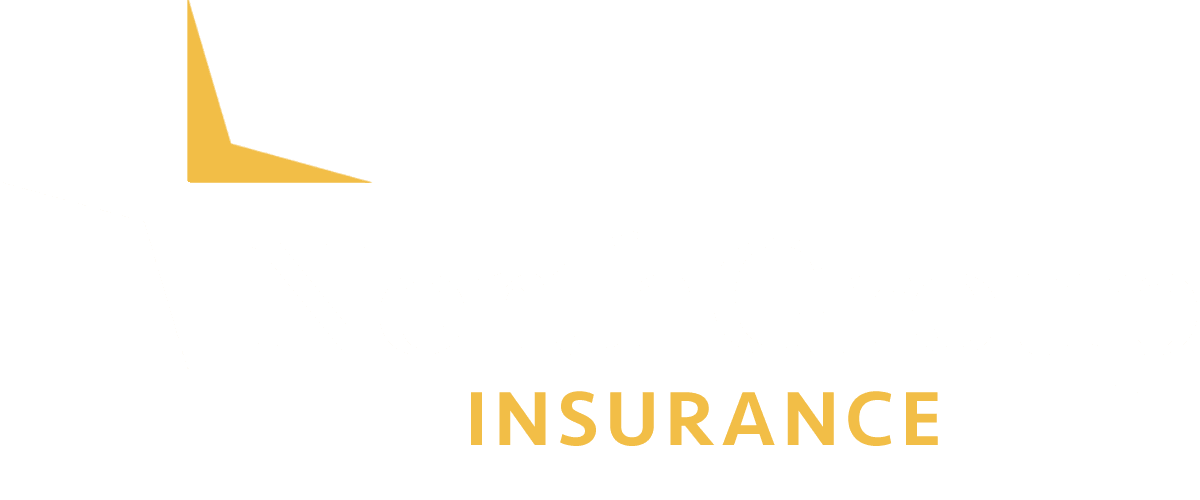Home > Insurance Blog > How To Protect Your Small Business from a Data Breach
How To Protect Your Small Business from a Data Breach

Data breaches are becoming increasingly more common, particularly for small businesses. Cyber attacks are a means for hackers to collect personal information for fraudulent purposes. Small businesses may have budget and staffing limitations that make them more vulnerable to attack. Fortunately, there are steps you can take to protect your company from a data breach.
Understand How Data Breaches Occur
Data breaches can happen in a number of different ways, including social engineering (use of deception to manipulate individuals into divulging personal information), misuse of privilege, human error, negligence (such as losing a laptop containing sensitive information), criminal hacking, and malware (malicious software). As a first step, it is important to become familiar with the different types of security breaches and find out what you can do to prevent them. Keep in mind that hackers are constantly devising new ways to steal data.
Control Who Has Access To Data
Cybercriminals look to employees for access into a business. The best way to minimize this risk is to ensure only authorized employees have access and to have ample network and information security. Access should be restricted to only the data necessary for an employee to do his or her job. Many businesses employ a cost-effective method known as role-based access control (RBAC) to limit employee access to data and help prevent information leaks.
Educate Your Employees
The importance of educating your staff on security measures cannot be overstated. Uninformed or careless employee actions are among the top causes of data breaches. Security training can be used, both to assess your employees’ knowledge and to improve it. Train your staff to identify phishing emails and emails with attachments from unknown sources. Educate them on effective passwords, safely navigating the Internet, and use of mobile devices.
Have Separate Hardware For Business and Personal Use
In a small business setting, you may be tempted to use the same computer for business and personal matters. This can significantly increase your exposure to risk. Keep one computer strictly for business and designate another for personal use.
Encrypt Sensitive Data and Monitor Your Company Network
When data is encrypted, hackers will not be able to read it. Sensitive data your company possesses is likely to include:
- Employee personal information – birthdates, Social Security numbers, addresses
- Bank account and routing numbers
- Credit card numbers
- Client personal information – names, addresses, email addresses, telephone numbers
It may also be wise to invest in remote monitoring by a managed services provider (MSP). This will provide continuous monitoring of your network, enabling you to stay on top of any incident.
Make Sure You Have Data Compromise Coverage
You can add this optional coverage to your business insurance policy. Also known as data breach liability insurance, it can help cover costs incurred by your business because of a data breach. These costs may include legal fees, credit monitoring services for affected customers and employees, access to an identity theft helpline for affected customers and employees, and costs of notifying affected individuals of the data breach. Our agent can help you find the best available rates on data compromise coverage for your business.
